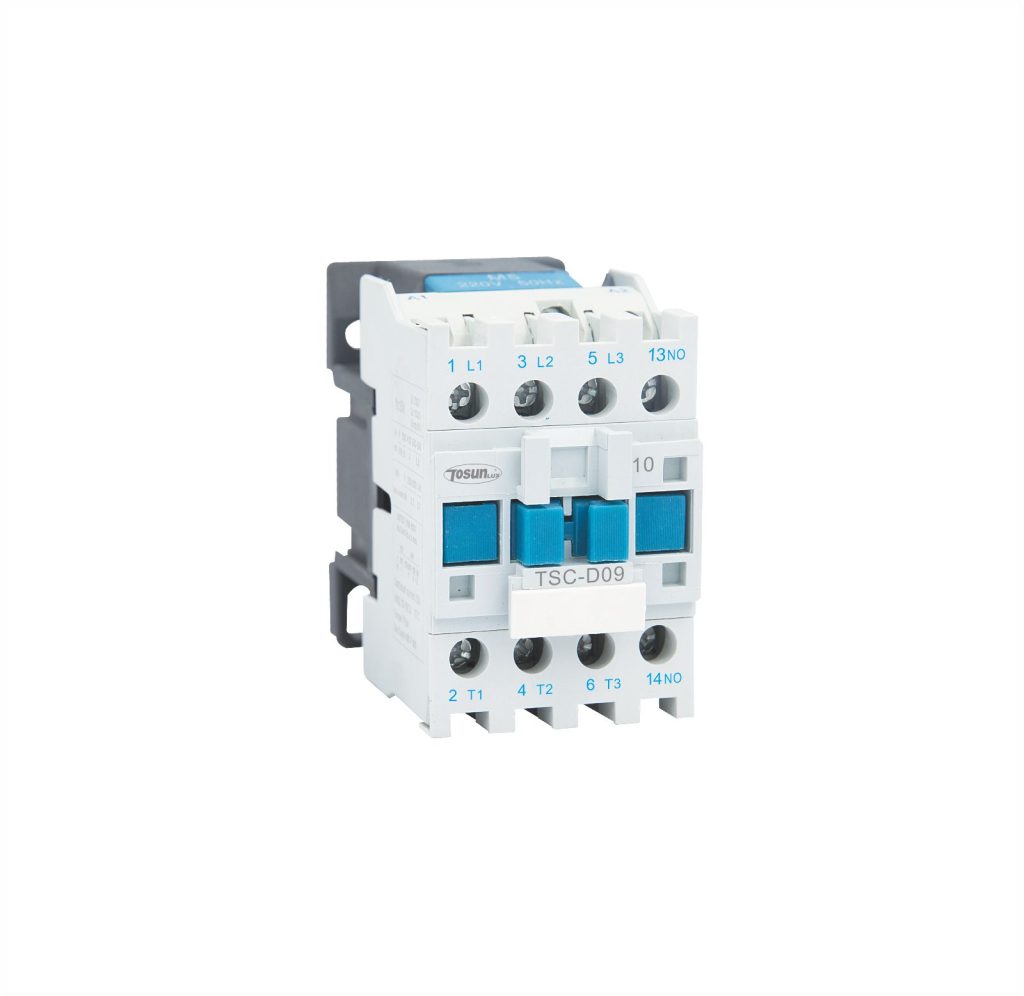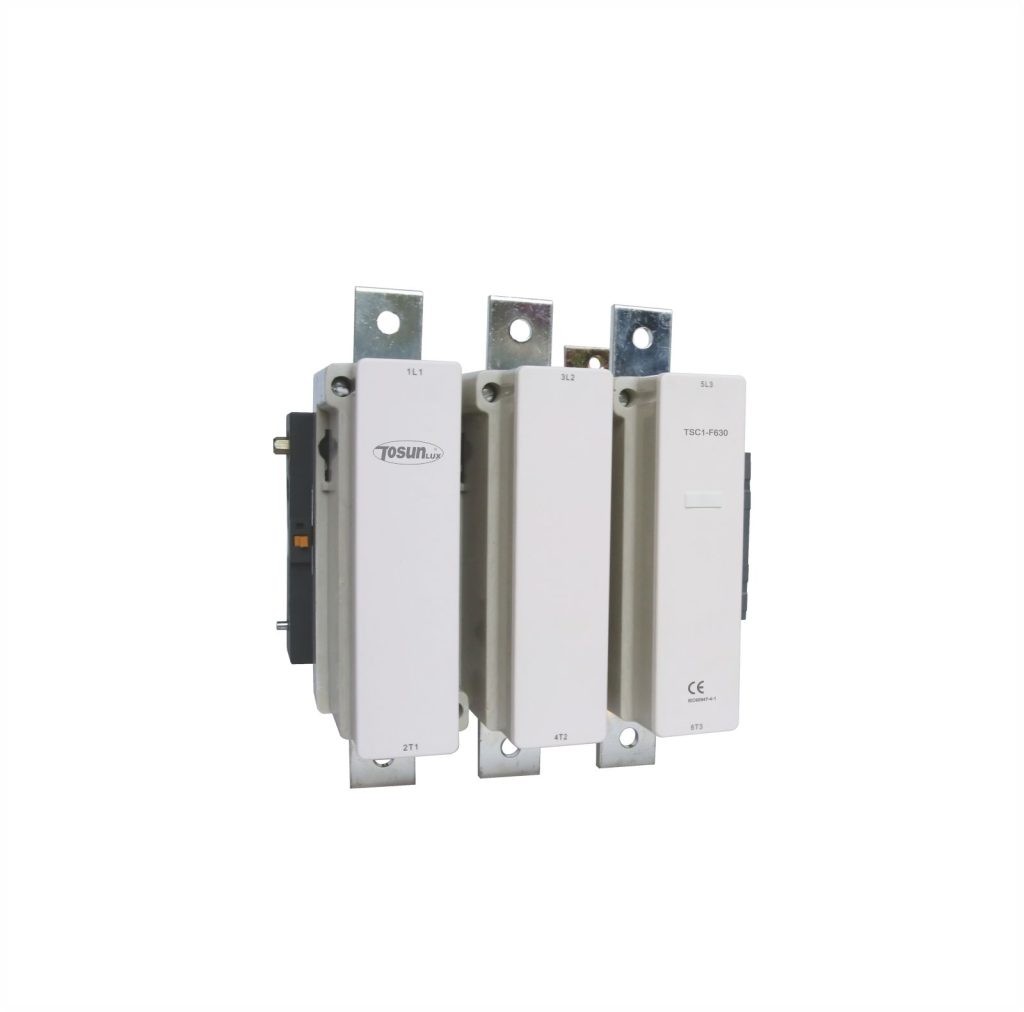The Ultimate Guide to AC Contactor
Table of Contents
ToggleAC contactors are essential components in electrical systems that help control the flow of electricity to various loads. They play a crucial role in the operation of air conditioners, motors, compressors, and other heavy-duty electrical equipment. In this comprehensive guide, we will explore what AC contactors are, how they work, their applications, and essential maintenance practices to ensure their optimal performance and longevity.
What is an AC Contactor?
An AC contactor is an electromechanical device used to switch high-current AC loads on and off. It consists of a coil, which acts as an electromagnet, and a set of contacts. When the coil is energized, it creates a magnetic field that attracts the contacts, closing the electrical circuit and allowing current to flow to the load. Conversely, when the coil is de-energized, the contacts open, interrupting the current flow.
How Do AC Contactors Work?
When an electrical control signal is sent to the coil, typically from a low-voltage control circuit, it energizes the coil. The magnetic field produced causes the contacts to close, connecting the high-voltage AC supply to the load. The contactor remains energized as long as the control signal is present. When the control signal is removed, the coil is de-energized, and the contacts open, interrupting the current flow to the load.
Applications of AC Contactors
AC contactors find extensive use in various industrial, commercial, and residential applications. Some of the common applications include:
Air Conditioning Units: AC contactors are commonly used in air conditioning systems to control the compressor and blower motor.
Motors: They are used in motor control circuits to start, stop, and reverse motors.
Heating Systems: AC contactors help control electric heating elements in systems like furnaces and water heaters.
Lighting: They can be employed in lighting systems to control high-power lighting loads.
Industrial Machinery: AC contactors are crucial components in controlling heavy machinery in manufacturing plants.
Types of AC Contactors
There are various types of AC contactors available, and they can be categorized based on several factors, including:
Current Rating: Contactors are available in different current ratings to handle loads of various sizes.
Number of Poles: They can have single, double, or more poles, depending on the application requirements.
Coil Voltage: AC contactors come with different coil voltage ratings to match the control circuit’s specifications.
Enclosure Type: Contactors can have open-type or enclosed-type designs, offering different levels of protection.
Maintenance of AC Contactors
Proper maintenance is crucial to ensure the reliable and efficient operation of AC contactors. Here are some essential maintenance practices:
Regular Inspection: Check the contractor’s contacts for signs of wear, pitting, or burning. Clean them if necessary or replace the contactor if the damage is severe.
Coil Testing: Verify the coil’s resistance and voltage ratings to ensure it functions correctly with the control circuit.
Tighten Connections: Ensure all electrical connections are tight and free of corrosion to prevent overheating and voltage drops.
Lubrication: Some contractors may require periodic lubrication of moving parts to reduce friction and ensure smooth operation.
Environmental Considerations: Keep the contactors clean and protected from dust, moisture, and extreme temperatures.
The commitment to unparalleled quality and craftsmanship is evident in each of their meticulously designed products. By using the finest materials and cutting-edge technology, Tosunlux ensures that its fixtures not only exude beauty but also offer exceptional durability. These lighting solutions are built to last, promising to adorn spaces with their brilliance for years to come.
Tel: +86-577-88671000
E-mail: ceo@tosun.com
Skype: tosunelectric
Wechat: +86-139 6881 9286
WhatsApp: +86-139 0587 7291
Address: Room No.1001 Wenzhou Fortune Center,Station Road, Wenzhou, China
REQUEST A QUOTE
WhatsApp us
 : +86-139 0587 7291
: +86-139 0587 7291 English
English Español
Español Русский
Русский Français
Français العربية
العربية Português do Brasil
Português do Brasil Українська
Українська Türkçe
Türkçe Polski
Polski Nederlands
Nederlands Italiano
Italiano Bahasa Indonesia
Bahasa Indonesia हिन्दी
हिन्दी اردو
اردو አማርኛ
አማርኛ Հայերեն
Հայերեն ไทย
ไทย Монгол
Монгол فارسی
فارسی Shqip
Shqip Ελληνικά
Ελληνικά




